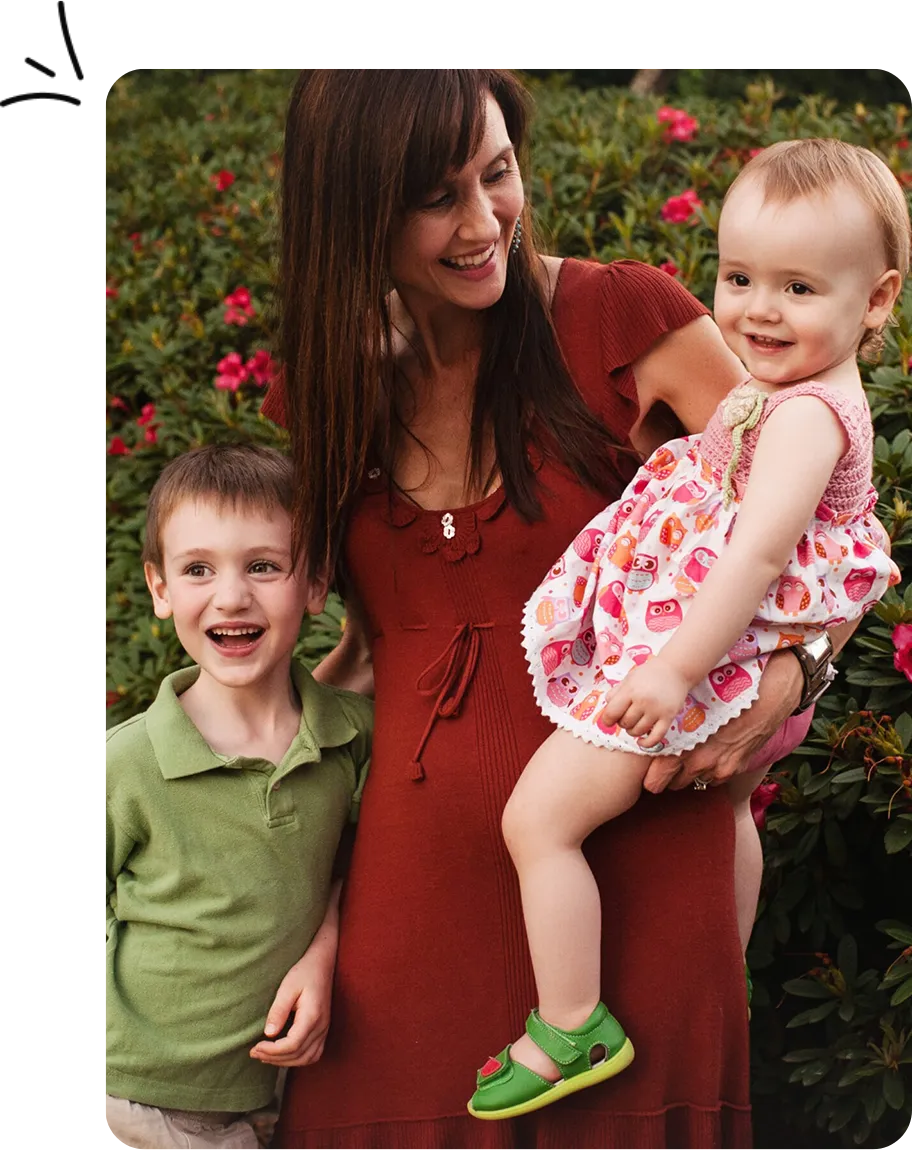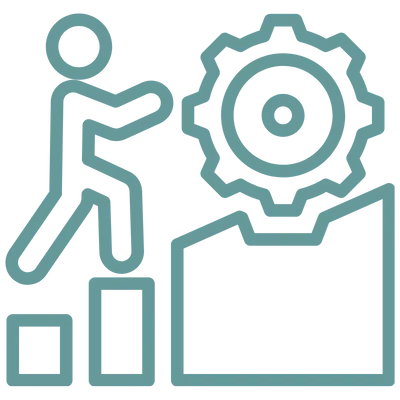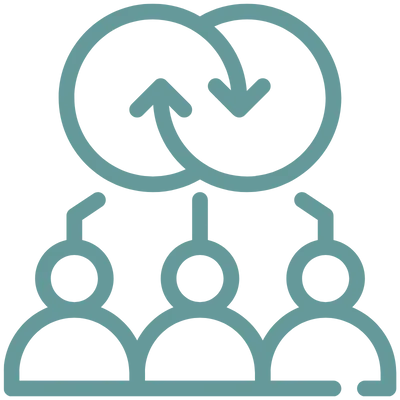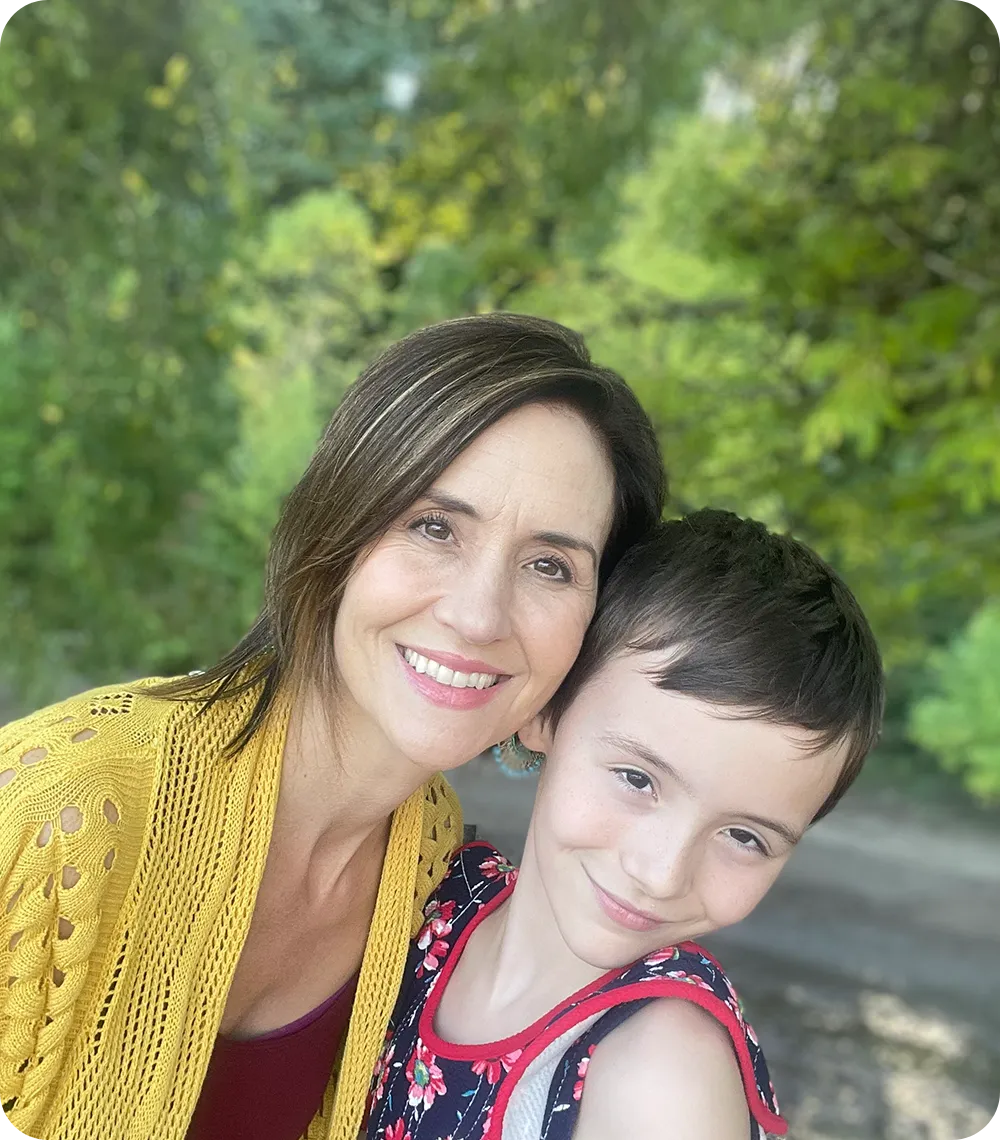
Parenting with the Brain in Mind: Calm, Connection, & Confidence for Bold, Spirited Tweens (8–13)
You’ve tried every parenting strategy, yet your spirited, sensitive ADHD tween still tests limits, pushes boundaries, and leaves you drained. The truth? Traditional advice often overlooks the science behind your child’s big emotions.
Imagine understanding your child’s brain and using that knowledge to:
Diffuse power struggles before they start
Respond calmly, even during meltdowns
Build cooperation, connection, and confidence

A New Approach to ADHD Parenting
As the parent of a brilliant 8 to 13-year-old with ADHD, you’re watching their spark dim. They're internalizing the message that they're "too much," "too loud," and "too impulsive." You feel helpless as they absorb shame about the very traits that make them unique.
You’ve tried everything to help them thrive (behavior charts, reward systems, countless books, even therapists), but traditional advice designed for neurotypical brains is making things worse.
The problem isn’t your child’s ADHD or your parenting skills. It’s that most parenting approaches work against ADHD neurology, creating shame cycles that damage your relationship and your child’s developing sense of self.
Traditional behavior modification focuses on external compliance, but ADHD children need internal understanding and nervous system regulation to truly thrive.
This is why you need a new approach, THE IREZJOY METHOD: short for Resonating Joy with your ADHD child's brain. It combines clinical expertise in ADHD neurology with lived experience.
The result isn’t just better behavior. It’s a complete transformation of your family dynamic, shifting from exhausting behavior management to effortless, brain-based parenting. Your child will develop unshakable confidence, and you will become the calm, connected parent you always wanted to be.

Why Brain-Based
Parenting Works
Most parenting methods focus on control, rewards, or punishment, but they don’t work for children whose brains are wired for intensity.
Your child’s brain is unique:
Ages 8–13 are a critical window where the prefrontal cortex (decision-making, impulse control) is still developing.
Emotional flooding comes from the limbic system, not defiance.
Nervous system dysregulation drives power struggles, and it can be reset through connection and calm.
Parent-first, brain-aware approach:
Self-regulation is the secret ingredient. Your calm creates their calm.
Understanding your child’s triggers allows you to respond effectively instead of reacting.

What You’ll Gain with a Brain-Based Approach

Fewer power struggles
Reduce meltdowns by meeting your child’s brain where it is.

Calm confidence
Parent from a place of clarity, not frustration.

Thriving children
Support social, emotional, and academic growth through neuroscience-informed strategies.

Long-term transformation
Apply practical tools that stick. Beyond quick fixes or temporary behavior charts.

Mini Brain-Based Tips You Can Try Today
Pause & Name: During a meltdown, silently label the emotion: “I see you’re frustrated.” Naming helps the brain shift from reactive to reflective.
Regulate Yourself First: Take three slow breaths before responding. Your calm signals safety to your child’s nervous system.
Predictable Routines: Consistency helps the developing brain feel secure and reduces anxiety-driven power struggles.

Real Parents, Real Change
“I feel more confident as a parent, and my daughter is more confident too. Our mornings are smoother, and our connection has grown so much.”

“Rachel helped me understand my child’s brain in a whole new way. We’re calmer, happier, and I finally feel like I know what I’m doing.”

“Our family feels lighter. We handle conflicts without the yelling, and I actually enjoy parenting again.”

Wondering if THE IREZJOY METHOD is Right for Your Family?
Wondering if THE IREZJOY METHOD
is Right for Your Family?
Here’s Who We Work With (and Who We Don’t)
You’re a committed, driven parent. You want your bold, spirited ADHD tween (ages 8–13) to thrive, not just survive. You’ve tried behavior charts, reward systems, therapy, and every parenting book you could find…
and yet the meltdowns, power struggles, and big emotions keep coming.
Here’s the truth: lasting transformation starts with you. Your child’s ADHD brain isn’t the problem. They’re simply wired differently. The challenge is that most parenting approaches work against that wiring, creating shame cycles and straining your connection. The only thing you can control is how you respond.
If you’re not willing to:
If you’re not willing to:
Be Present: Show up consistently, especially when it's hard or inconvenient.
Be Reflective: Re-examine and discard old beliefs, habits, or mental models that are no longer serving your family's health and happiness.
Be Flexible: Let go of strategies that haven’t worked and embrace new approaches.
Be Vulnerable: Ask for support when you genuinely need it, instead of trying to carry the burden alone.
Be Patient: Stay focused on long-term transformation and positive change, rather than seeking only quick fixes through the challenging moments.
…then this program isn’t for you.
Also, THE IREZJOY METHOD is designed for children whose development is mostly typical and whose family system is intact (at least one primary caregiver has been consistent throughout the child’s life).
If your child has experienced significant trauma, has a diagnosed or strongly suspected Autism Spectrum Disorder, or has complex developmental needs, this program may not be the right fit. We’ll gladly guide you toward resources better suited to your child’s unique needs.
Why This Page Matters
This isn’t about adding more rules or trying harder. It’s about using science-backed understanding of the brain to respond in ways that actually work.
By parenting with the brain in mind, you stop the cycle of daily chaos and build a connection that lasts.
Ready to stop the meltdowns and build
calm, connected confidence?
Follow me on Instagram @irezjoyparenting for weekly brain-based parenting tips and strategies.
This site is not a part of the Facebook™ website or Facebook™ Inc.
Additionally, this site is NOT endorsed by Facebook™ in any way. FACEBOOK™ is a trademark of FACEBOOK™, Inc
Cookies and other tech tools help us personalize your visit, improve our marketing, and gather useful insights. By clicking
'Accept', you agree to the storing of cookies on your device. For more info, feel free to read our Privacy Policy.
Contact us
Contact us - 503-217-4417
© 2025 IREZJOY COACHING LLC | Designed by Funnel Pandit
